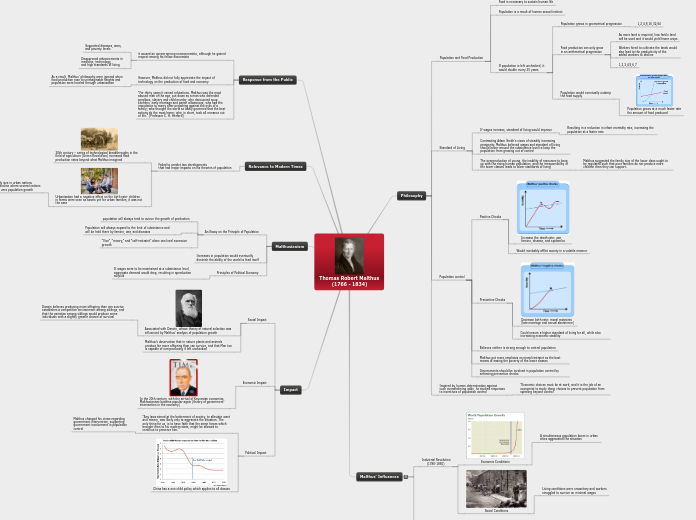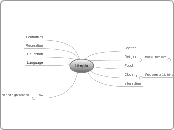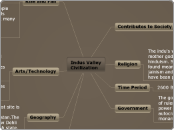door Johannah walker 2 jaren geleden
127
Politics
The text explores different economic and political systems, each with its own set of advantages and disadvantages. Command economies are centrally controlled by the government, which can enhance industrial power and streamline society but often stifles innovation and restricts freedom, as seen in East Germany and North Korea.









